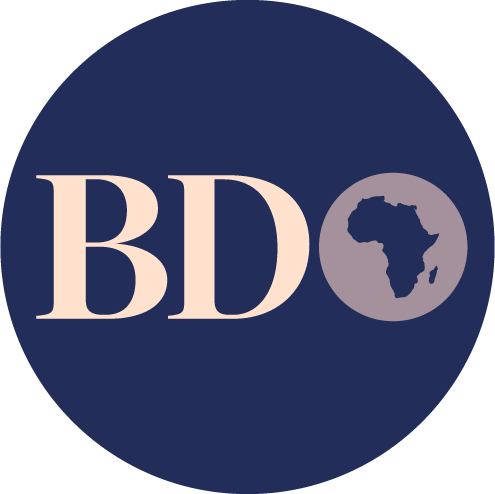In the sustainable architecture and eco-friendly building materials sector, Mtamu stands as a trailblazer.
Born and raised in the resource-scarce village of Maktau in Taita Taveta County, he started experimenting with local materials in his childhood. Myco Tile, a cutting-edge company he founded and serves as the CEO, is today the fruit of that curiosity.
While pursuing studies in architecture at the University of Nairobi, his projects consistently revolved around utilising simple, locally available materials.
This commitment to sustainability and resourcefulness pushed him to branch out from commercial architecture -where work mainly involves delivering projects to clients- to focus his energies on mission-driven architecture, whose target is to impact society sustainably.
Myco Tile as an idea was started in 2017 in Rwanda, where Kililo was among 10 fellows selected by MASS Design Group from across the continent. The fellows were researching and pitching ideas under a catalytic fund to offer architectural solutions to challenges affecting Africa.
When he returned to Kenya in 2018, he established it as a business and began pitching various fonts with a mix of success and failure.
Today, the startup manufactures wall and roof insulation using agricultural waste –sugar cane bagasse, coffee husks, rice husks, sisal, and coconut oil—recycled and bonded using mushroom mycelium.
Initially focused on creating small items such as light fittings, office accessories, and panels, the company has expanded its offerings, making waves in the sustainable construction sector.
It has a team of 100 casual workers in Kilgoris, Narok County, and 15 permanent staff in Nairobi.
An additional 30 staff members are available on a rotational basis at the Kenya Industrial Research and Development Institute (KIRDI), where the government hosts them.
“My typical day involves checking activities at the factory where we monitor humidity and temperature given that our building materials are living organisms such as fungus and oyster mushrooms,” says Mtamu, who also works as a consulting architect.
Known for his humility and preference for working behind the scenes, Mtamu emphasises the importance of the project over personal recognition. He takes delight in witnessing his vision come to life through sustainable initiatives.
Outside the boardroom, he finds inspiration in the world of rugby. As a fervent fan, he appreciates the sport’s ability to stimulate different modes of thinking, providing a unique perspective that transcends the boundaries of his architectural work.
Lynet Igadwah

